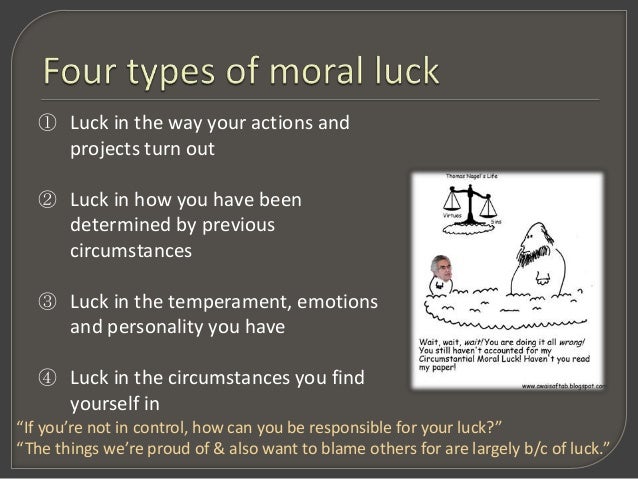[Revised entry by Dana K. Nelkin on January 20, 2025.
Changes to: Main text, Bibliography]
Moral luck occurs when an agent can be correctly treated as an object of moral judgment despite the fact that a significant aspect of what she is assessed for depends on factors beyond her control. Bernard Williams writes, “when I first introduced the expression moral luck, I expected to suggest an oxymoron” (Williams 1993, 251). Indeed, immunity from luck has been thought by many to be part of the very essence of morality. And yet, as Williams (1976) and Thomas Nagel (1979) showed in their now classic pair of…
Post Views: 180
Read the full article which is published on Stanford Encyclopedia of Philosophy (external link)







